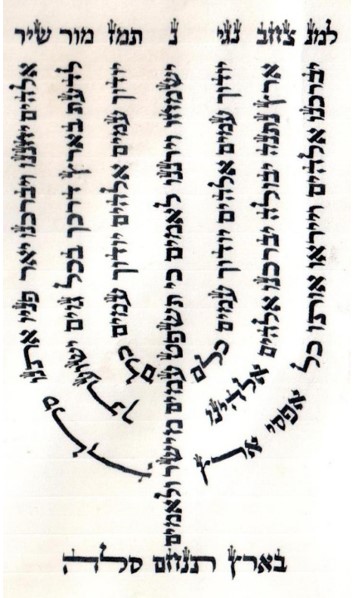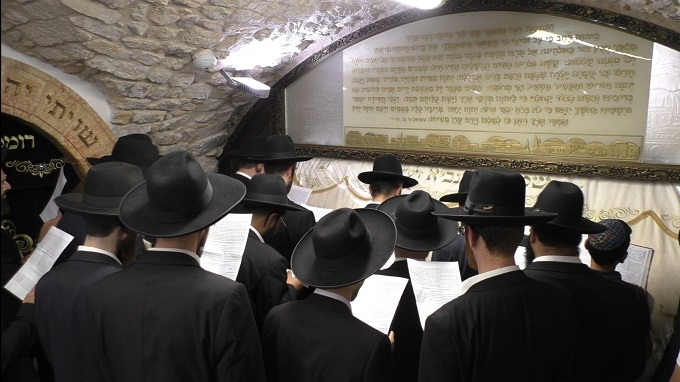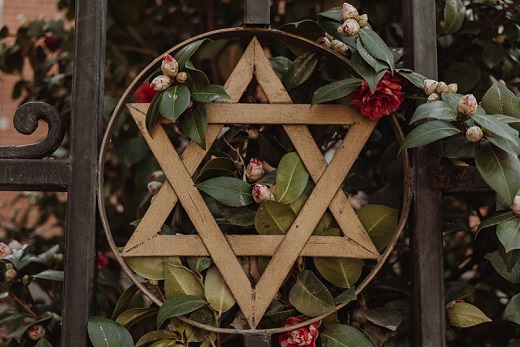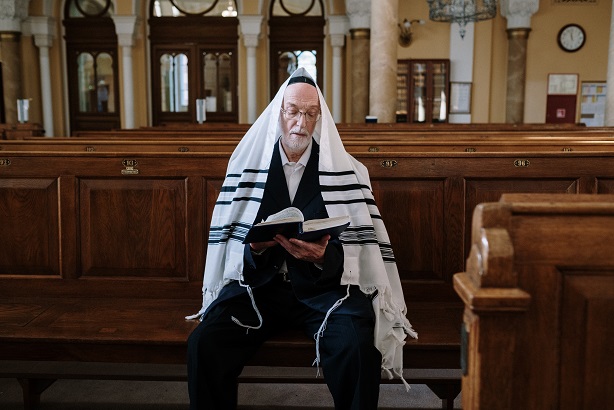Question:
When does a stringincy become a minhag? Example: not eating Gebrokts
Answer:
Certainly when a certain stringincy is treated regularly, it becomes a custom. Such as the custom you mentioned not to eat Gebrokts at Passover, as is the custom of not eating ‘kitniyot’ at Passover.
Therefore, many communities, especially among chasidim, tend to refrain from eating Gebrokts at Passover, that is, to make sure not to eat matzoh that comes into contact with water even after it has been baked, do not wet the matzah, and do not eat kanidlach in soup, etc. To the extent that if you are Ashkenazi, you must continue the custom of your ancestors, and if it is difficult for you to do so and want to stop the custom, there is no prohibition on the law because the main law is permitted, but it is necessary to make a permit for vows.
Indeed, to the Sephardim who took on the instructions of Maren ‘shulchan aruch’, Maren Rabbi Ovadia Yosef z”l wrote that even if in the family while abroad they acted on some severity during Passover, and continued as well in Israel, it is more like the boys after leaving their parents’ home, to act as Maren’s opinion, and on the better side they will do a permit, and in any case do not have to continue the custom of their ancestors after immigrating to Israel.
Sources and Scores

















